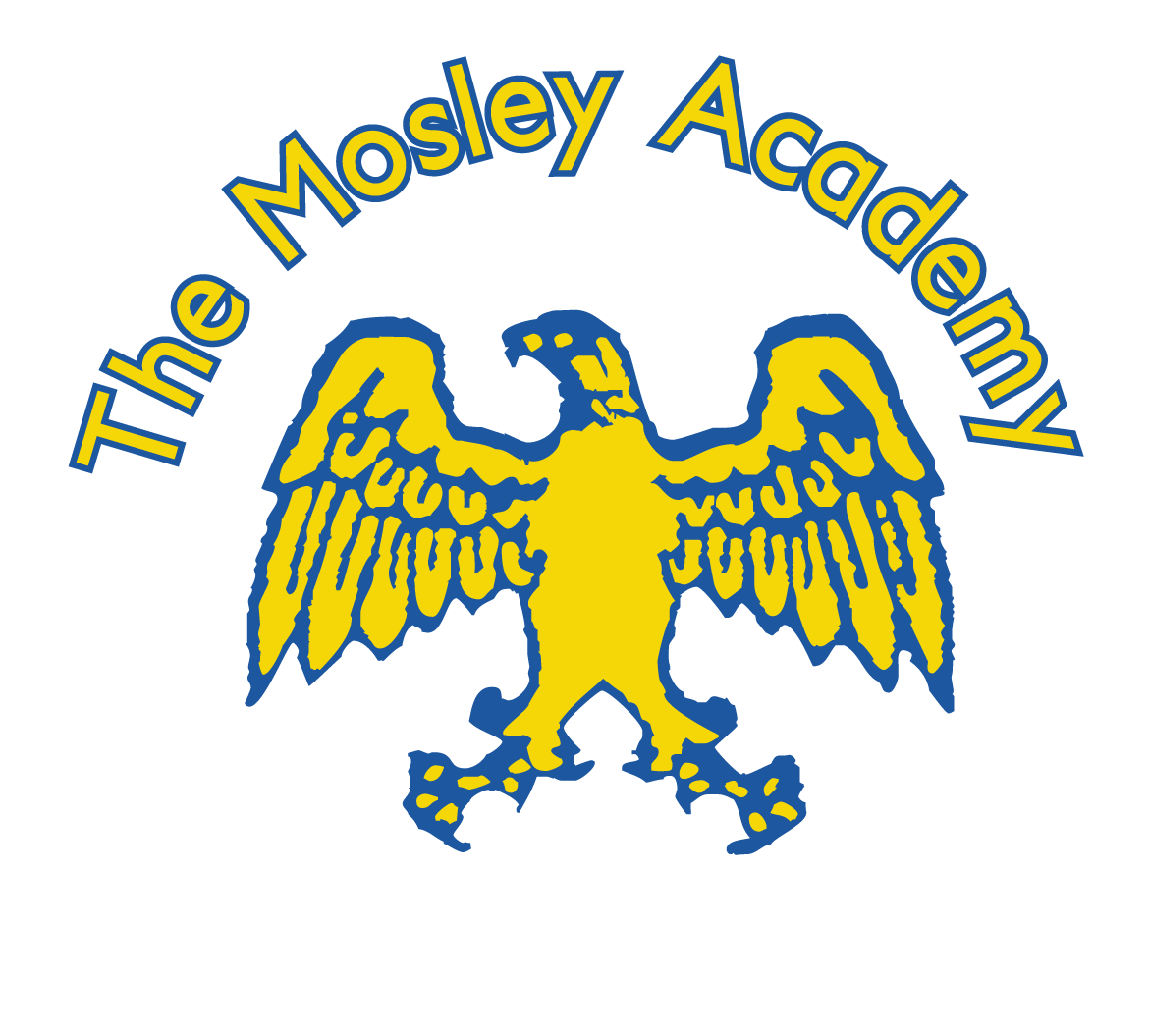Class R Donaldson - Miss C. Twells
Welcome to Reception!
Red paint in the hair. Blue paint on the shorts. Sand in the shoes. White socks that look brown. Sleeves a little damp… We have been learning!

We are a fun-filled class of 30 inquisitive minds who love to learn. Our class is named after a very famous author, Julia Donaldson. We know lots of her stories, just ask us!
Who helps us to learn?
''I am Miss Twells. I am very lucky to be able to teach Reception on a Monday, Tuesday, Wednesday, Thursday and Friday.
I have been teaching for nearly 10 years now and have taught Key Stage 1, Key Stage 2 and now Early Years. I love teaching and seeing children grasp different concepts! I particularly love computing and art, as I would consider myself to be very creative!
I am the Computing and PSHE lead at our school and our mental health first aider - something I think is extremely important!"
This is one of our teaching assistants, Mrs Weston. She works with us every day. Mrs Weston is a highly experienced teaching assistant, particularly in EYFS. She is very passionate and enthusiastic about her job and believes in giving people the best possible start to school! Mrs Weston is particularly knowledgeable about the teaching of early reading and supporting phonics - and always has lots of ideas for our role play areas!

This is our other teaching assistant, Mrs Travers. She is very cheerful and loves helping us to be the best that we can be. Mrs Travers has supported children in Early Years, Key Stage 1 and Key Stage 2. Mrs Travers just loves help children feel happy and cared for- and helps them to be the best they can be!
How do we learn?
We aim to foster children's love of learning and inspire every child to be the best that they can be.
The EYFS framework and guidance sets out 3 Characteristics of Effective Teaching and Learning. These are 'playing and exploring', 'active learning' and 'creating and thinking critically.' We aim to facilitate these vital characteristics, along with the seven areas of learning (prime areas: Communication and Language, Physical Development, Personal, Social and Emotional Development, specific areas: Literacy, Mathematics, Understanding the World and Expressive Arts and Design) by providing children with a mixture of adult-led activities and child-initiated learning through play. This means that at some times of the day, we are involved in focused activities while at other times, we access continuous provision within our stimulating indoor and outdoor learning environments. This is what they look like:


Learning through play allows children the time and space to explore, make sense and practise in order to build deep, meaningful learning and connections. It is about taking risks, making mistakes, getting creative, problem-solving, developing self-control and learning to communicate while immersed in experiences. At The Mosley Academy, we recognise the powerful role of play as a vehicle for learning.



Each half term, we have a class theme which is open-ended and allows for children's ideas to be incorporated into our learning and provision. We encourage families to get involved too in offering ideas for lines of enquiry, based on children's interests. We believe that high levels of engagement is the key to high levels of learning and progress. For example in the Autumn term we start of by exploring 'I wonder about my place in the world'.
Statutory learning and development requirements for the EYFS can be found in 'Early Years Foundation Stage (EYFS) Framework 2021', accessible here:
https://tinyurl.com/EarlyYearsStatutoryFramework
Non-statutory guidance can be found in 'Development Matters 2021', accessible here:
https://tinyurl.com/Development-Matters
Further guidance for parents can be found at 'What to Expect in the EYFS' 2021, accessible here:
https://tinyurl.com/WhattoexpectintheEYFS
Information about our Class:
-
PE lessons take place on Mondays, please ensure children come to school in their kit on this day, with earrings out and their hair tied up.
-
Reading books are changed at the beginning of the week, during our first Guided Reading session. Please ensure children's books and reading diaries are available in book bags daily.
-
'Rainbow Readers' is our whole school system for supporting reading at home. We encourage every child to read at home daily and for this to be recorded in reading diaries. We can count a maximum of 2 reads per day. Every time children read 25 times at home, they receive a coloured badge. When children reach 200 home reads, they achieve a gold badge!

-
Children must arrive at school between 8:40am and 8:50am. Collection time for Reception children is 3:20pm.
-
Observations of children's learning and achievements are uploaded to our online learning platform, 'Tapestry.' We encourage children's families to contribute to this online learning journal too!
-
Every Friday, families receive a 'weekly newsletter' from Reception via WeDuc. This indicates what we have been up to that week and gives a great starting point for discussions at home! It also tells you what we will be learning the following week. The newsletter lists useful tips and advice for supporting learning at home.
Resources to help at home
Phonics and early reading is an essential part of what we learn in Reception. We follow the progressive 'Little Wandle Letters and Sounds Revised' scheme, more information can be found here:
https://www.littlewandlelettersandsounds.org.uk/resources/for-parents/
Further resources to support early literacy skills:
https://www.phonicsplay.co.uk/
https://www.bbc.co.uk/cbeebies/stories
https://www.bbc.co.uk/cbeebies/shows/alphablocks
https://www.ictgames.com/mobilePage/writingRepeater/index.html
Our Early Mathematical learning is supported by the NCETM 'Six Key Areas of Early Mathematical Learning.' These are Cardinality and Counting, Comparison, Composition, Pattern, Shape and Space and Measures. More information can be found here:
https://www.ncetm.org.uk/in-the-classroom/early-years/
Further resources to support early mathematical skills:
https://whiterosemaths.com/resources?year=early-years
https://www.bbc.co.uk/cbeebies/shows/numberblocks
http://www.primarygamesarena.com/Years/EYFS
https://www.ictgames.com/mobilePage/index.html
Resources for Parents Below

